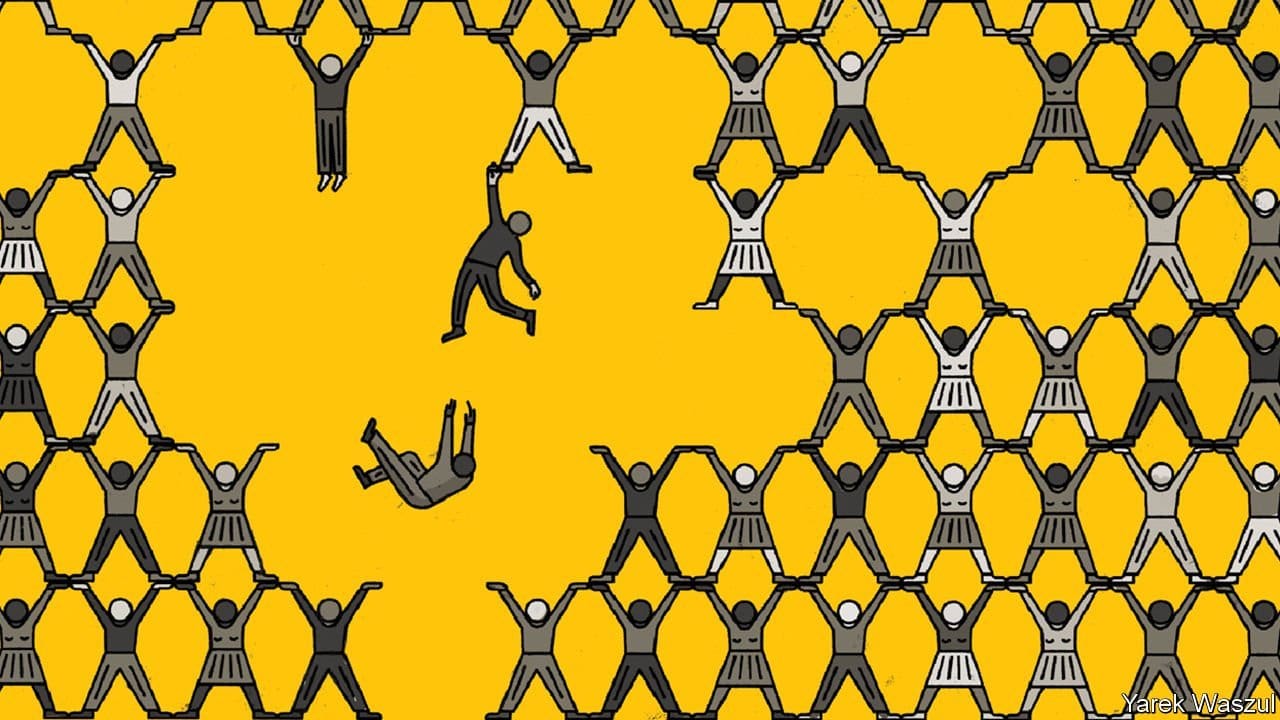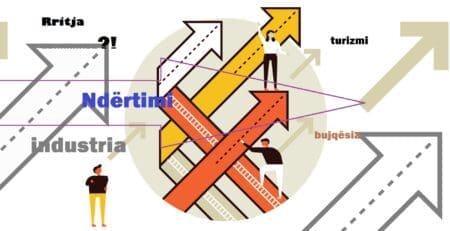Strengthening social programs today
Social spending is a core component of the social contract needed to fulfill the missions of core country institutions. Social spending is a broader concept than social protection as it includes spending on health and education, which are especially critical in low-income and developing countries, such as western Balkan countries. Social spending are not merely a forthcoming expense, but rather the wisest of investments in the well-being of our societies. For instance, expansion of access to education and health generates broader productivity gains across the population, allowing all citizens to be more open with the labor market and more possibilities for their income increase. To reap the rewards of a stronger global economy tomorrow, we must begin by strengthening social programs today.
Social protection policies play a critical role in reducing poverty and inequality, and supporting inclusive growth by boosting human capital supporting domestic demand and facilitating structural transformation of national economies.Public pensions can make all the difference between poverty and a dignified life for our elderly loved ones. Health care does not just save lives, it extends them and improves their quality. Primary and secondary education give our youngest citizens the opportunity to reach their full potential and contribute to society.
Historically, social protection systems were not developed out of a sense of charity. It is not about a few hand-outs to the most vulnerable. It is about comprehensive systems, strategically designed and implemented to: raise productivity by investing in the workforce and in children, the future labour force; and ensure national consumption by raising household income; and reduce political instability in addition to promoting stability and social cohesion.
The importance of providing financial security to citizens to keep the economic stability and foster harmonious social relations is a lesson that goes all the way back to the ancient civilizations.
But, high increasing inequality can undermine sustained growth. Research has also found that public investment in health and education boosts productivity and growth, and reduces inequality of opportunity in labor market and personal income. Likewise, social spending programs that redistribute from higher-income to lower-income groups can decrease poverty and inequality. They can also increase the resilience of lower-income households to economic and political shocks including from bad policies and mind-blowing elite, technology and maintaining the balance of the environment, which are expected to become more frequent and with negative effects for the future.
Right now the government need to expand the fiscal space to increase spending on public education, so that it can achieve its goal of comprehensive education. On the other side, protecting the poor and vulnerable is and should continue to be, a core objective.
The latest little experiences has shown clearly that close engagement between the Government and organizations who are engaged to protect social rights and labor rights can prove highly valuable. From one side, the organizations have the significant expertise on social issues and labor rights and on the other side the governmental institutions have the unic role and expertise on social spending that can help to achieve the core goal of fiscal adequacy and efficiency for the social spending programs. The common expertise in this direction can help by raising the profile of social spending issues in the broader economic policy discourse surrounding stability and growth.
A precious benefit could derive from closer collaboration between civil society, scholars, experts, and labor unions all who offer unique perspectives on social spending. These perspectives can enrich the politics views, assisting them to focus on social spending and to enable policymakers to better appreciate country-specific circumstances.
Poor and vulnerable people need a great deal of relief to deal with financial insecurity, poverty and health issues, giving them the right to greater participation in the economy and policies related to social spending, especially the inclusion of policies on future generations’ perspectives and the involvement of women and girls in discussions on their role in the future society is a necessity.
Saying all this, the time calls for a rethinking of the determinants of social spending’s share of the economy. The upper border of social spending may be set by reasons that not coincide with the actually logic of re-distributive social programs, because need a comprehensive mentality to approach up to the break-even point where the social spending should not over this point and all the result to be in the next generation profit: for the increase of individual wealth and with objective that Albania to be one of the first countries of the region with higher income per capita.




Leave a Reply
You must be logged in to post a comment.